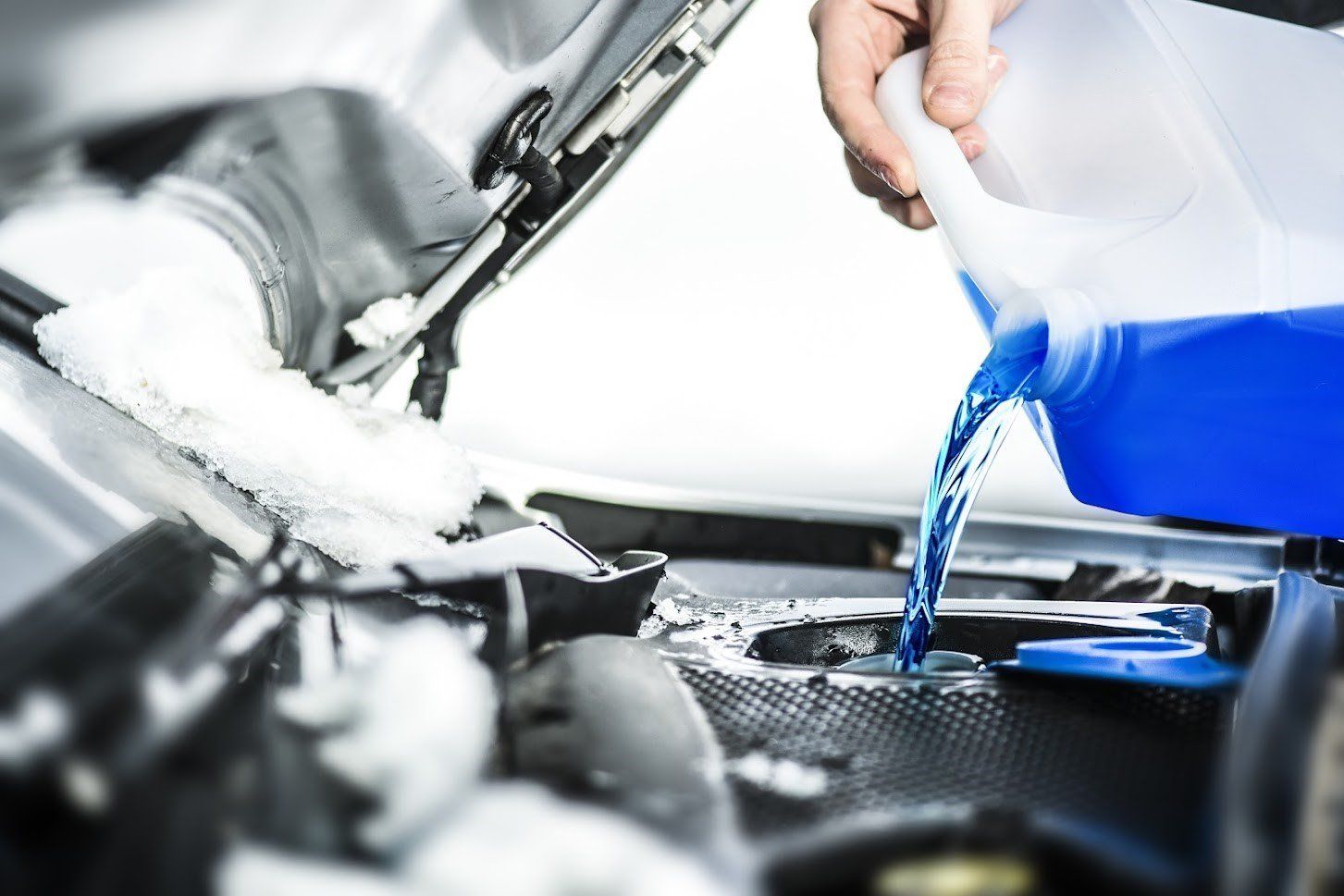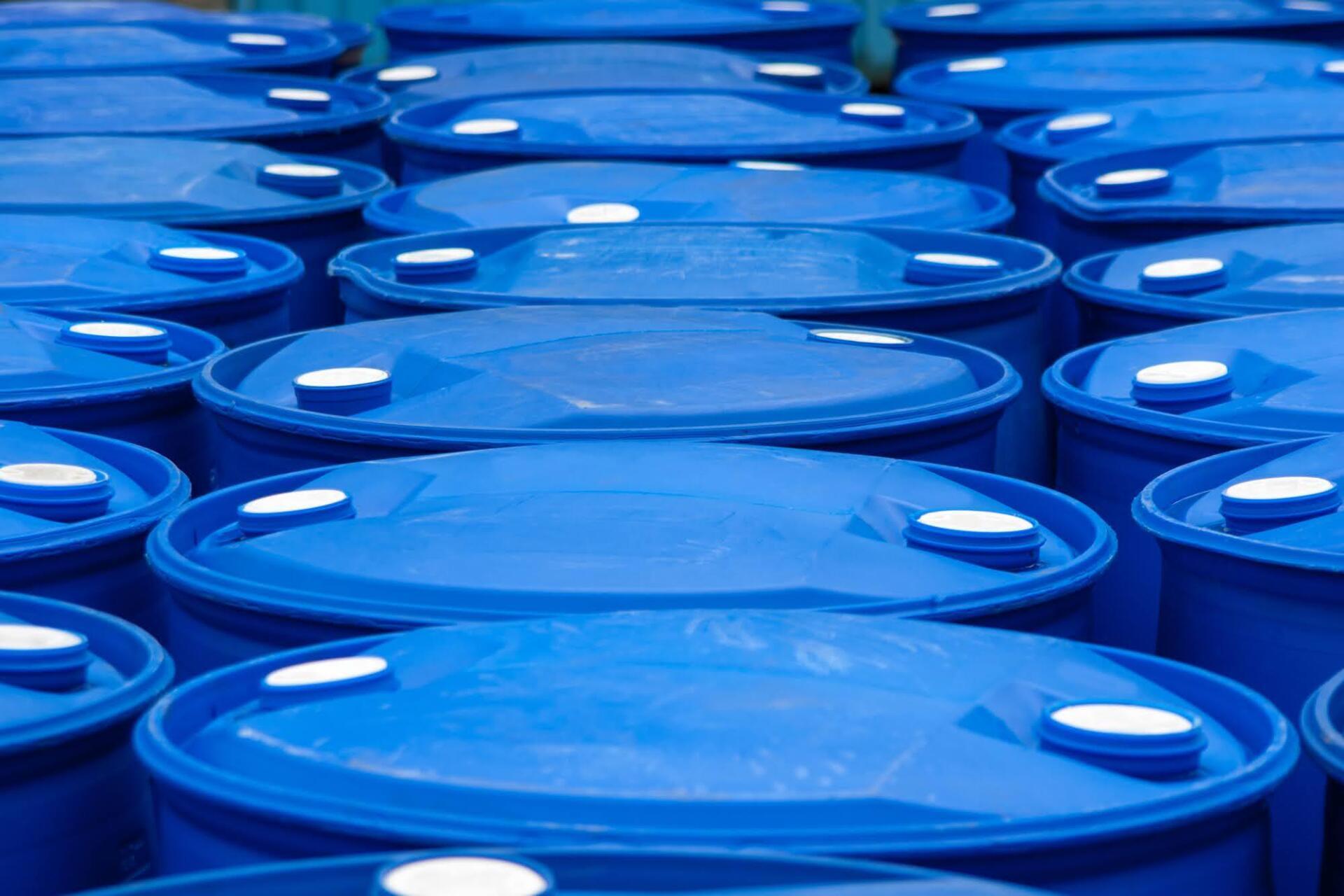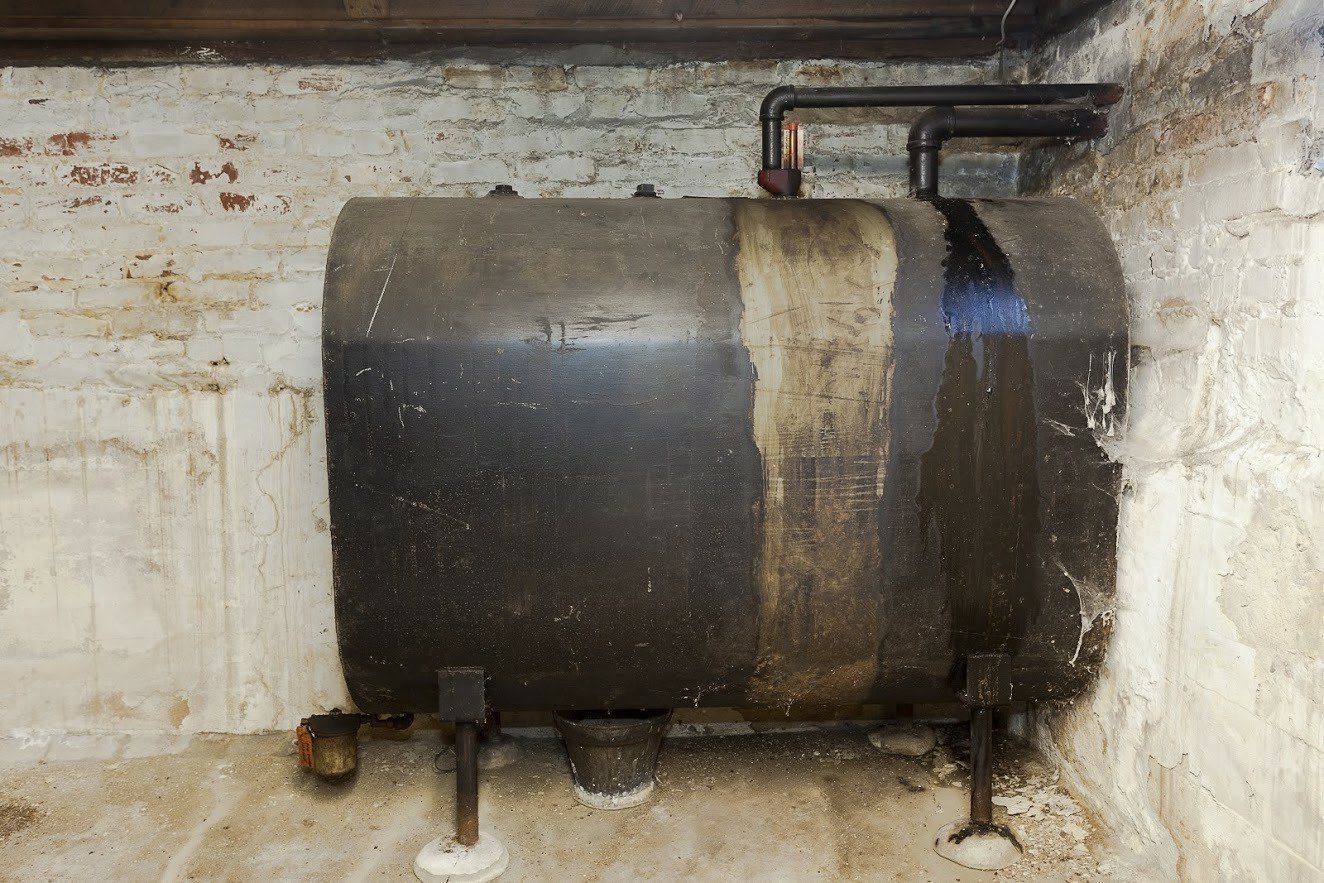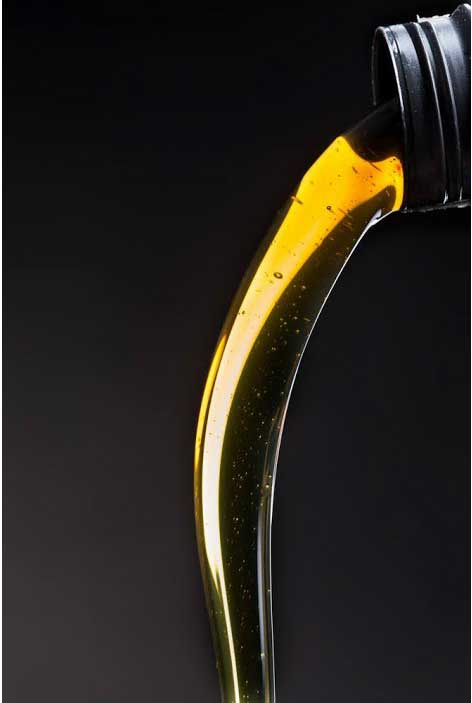How to Dispose of Your Car's Old Coolant

Coolant or antifreeze is an essential fluid for your car, which keeps it running in cold and hot weather. Antifreeze keeps the water in your car's radiator and engine from freezing during cold weather. When it is hot, the fluid keeps the water in your engine and radiator cool, ensuring your car doesn't overheat during the hot summer months.
While you need to change your car's antifreeze regularly, you must take caution when disposing of the hazardous, old antifreeze. Follow the tips below on how to dispose of your car's old coolant safely.
Check the Quality of Your Coolant
The quality of your coolant determines whether you need to dispose of it and how to dispose of it. Used or diluted antifreeze often has heavy metals; therefore, disposal calls for extra caution.
Antifreeze has a bright color and a sweet smell. But, when tainted, the fluid has a dark color and a strong smell and may have an oily film.
Drain Tainted Antifreeze
You must take precautions when draining contaminated coolant from your car. So before you start, keep your pets away, as they may want to taste the sweet-smelling liquid. Put on gloves to ensure your skin does not come into contact with the chemical, and wear a mask.
Also, park the car on a level surface and use a large enough container to avoid spills. When flushing the coolant from your vehicle, use a different drain pan and funnel from the one you use to replenish your car's antifreeze. Store the antifreeze in an old antifreeze container.
Make sure you seal the container in which you store the contaminated fluid. Sealing the container ensures you do not spill the hazardous fluid during transportation. Also, label the storage container and indicate the date you drained the coolant and the brand of the coolant. Also, indicate the gas or oil contaminants in the antifreeze on the label.
Clean Up Spills
If you accidentally spill coolant on the ground as you drain it from your car, clean up the spill immediately. Wear gloves and a mask before you start cleaning, and ventilate the area if you are indoors. Pour absorbent material like baking soda or sand over the spill, then cover the area with paper towels.
After a few hours, pick up the absorbent material with paper towels, ensuring you leave no trace behind, and throw it in the trash. Wash your hands, then scrub the area with soap to remove any stains left by the spill. Maintain proper ventilation to ensure the spot dries and no smell remains.
Find a Recycling Center Near You
Chances are you have a recycling center near you that collects coolant for recycling. A Google search will quickly reveal the nearest recycling and hazardous waste disposal center in your area. You can also search the website of your local Department of Waste Management for a listing of recycling centers.
Also, websites like Earth 911 will provide you with information on the nearest recycling centers when you type in your zip code and fill in coolant as the waste you want to dispose of. Once you find a suitable recycling center, contact them for information on how to proceed.
Bring the container with the antifreeze to the facility. But, if you want to recycle a large amount of coolant, work with a company that provides used oil pickup services. After you dispose of the antifreeze at the recycling facility, you get a receipt to show the area where you delivered the waste product.
At Denver Oil, we pick up your liquid and petroleum-based waste and deliver it to a recycling facility of your choice. Contact us today for safe and efficient waste pickup services.










